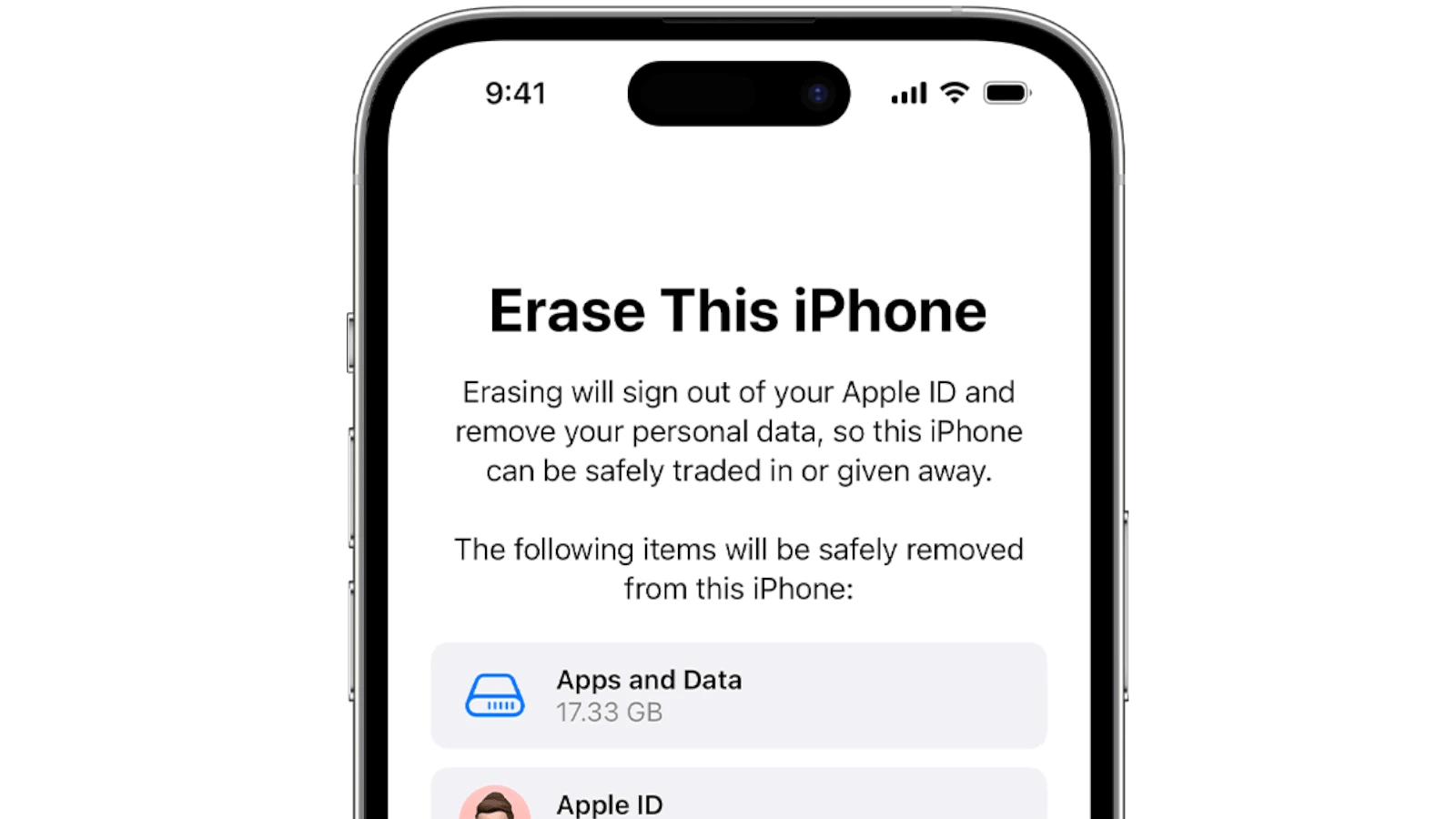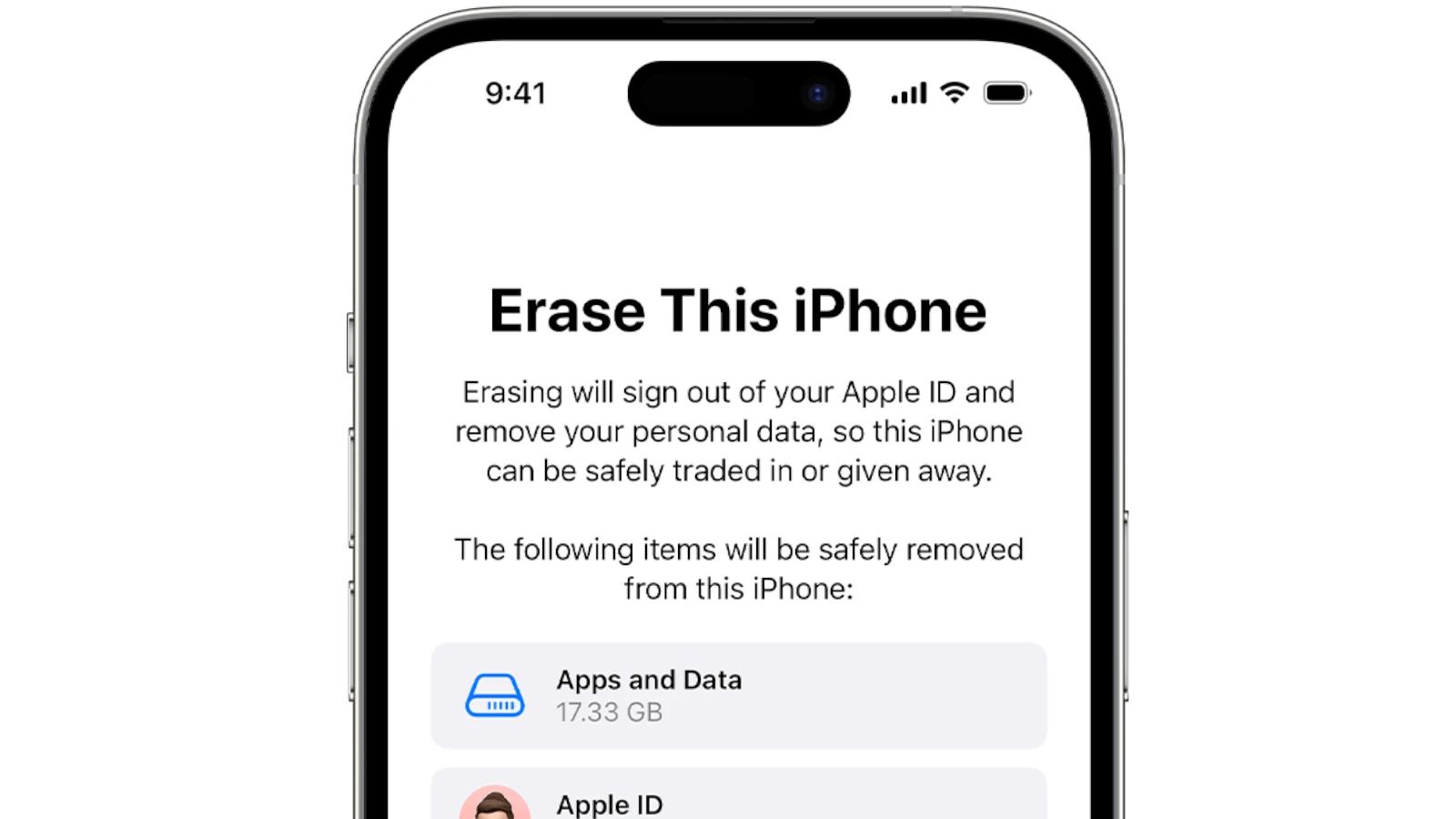
A serious “iPhone Security” flaw has come to light, prompting urgent warnings for iPhone and macOS users. A sophisticated zero-click spyware campaign exploited vulnerabilities in both WhatsApp and Apple’s operating systems, leading to a recommendation that affected individuals perform a full factory reset of their devices. The breach, uncovered with recent emergency patches, allowed malicious actors to compromise devices without any user interaction, raising significant concerns about mobile security.

The Anatomy of the App Breach
Who is Involved?
This significant security incident involves several key players. WhatsApp, the Meta-owned messaging platform, and Apple, the developer of iOS and macOS devices, are central to the issue. According to reports from The420.in, the malicious actors responsible for the attacks are identified as spyware vendors who specifically targeted high-profile individuals, including journalists, activists, and members of civil society. WhatsApp’s internal security team and Apple collaborated to discover and address these vulnerabilities. Amnesty International’s Security Lab has confirmed the advanced nature of this spyware campaign, highlighting its potential impact on vulnerable populations.
What Exactly Happened?
The core of the breach lies in a zero-click spyware campaign that chained together two critical vulnerabilities. The first, CVE-2025-55177, was a WhatsApp flaw related to insufficient authorization in linked device synchronization messages. This allowed attackers to force a target device to process malicious content from an arbitrary URL, as detailed by Fox News. The second vulnerability, CVE-2025-43300, was an out-of-bounds write flaw within Apple’s ImageIO framework. This Apple bug could lead to memory corruption when processing maliciously crafted image files. When exploited together, these vulnerabilities enabled remote compromise of iOS and macOS devices, granting attackers substantial access. The severity of the breach prompted WhatsApp to advise targeted users to perform a full device factory reset—a drastic measure necessary to eliminate entrenched malware that might persist even after app updates, according to a report by The Hacker News.
When Did This Occur?
The timeline of this breach is crucial for understanding its impact. WhatsApp’s internal security team discovered the vulnerability in “late last year,” referring to late 2024. The spyware campaign itself has been active, targeting specific individuals over a 90-day period since late May 2025. WhatsApp rolled out emergency security updates for its apps on August 30, 2025, with specific patches for iOS versions prior to 2.25.21.73 (July 28, 2025), WhatsApp Business for iOS prior to 2.25.21.78 (August 4, 2025), and WhatsApp for Mac prior to 2.25.21.78 (August 4, 2025). Apple addressed the ImageIO vulnerability (CVE-2025-43300) in iOS/iPadOS 18.6.2 and macOS updates earlier in August 2025. WhatsApp has since sent in-app threat notifications to fewer than 200 users believed to have been targeted, as reported by MenaFN.
Where Did This Take Place?
The vulnerabilities affected specific versions of WhatsApp on Apple’s iOS and macOS platforms globally. The targets are not confined to a single geographical area, with reports indicating impact on civil society members worldwide, according to The Times of India. This widespread impact underscores the importance of addressing such vulnerabilities promptly and effectively.
Why Did This Happen?
The exploitation of these vulnerabilities was driven by attackers seeking to deploy mercenary spyware. The WhatsApp flaw allowed the processing of harmful content from external links hidden within messages, while the Apple ImageIO flaw enabled memory corruption through malicious image files. The objective of these sophisticated attacks is to steal sensitive user data and compromise entire devices for surveillance. The chained exploitation of these vulnerabilities demonstrates a high level of sophistication and determination on the part of the attackers.
The Impact and Recommended Actions
Zero-Click Exploits: A Grave Threat
The spyware campaign operates as a “zero-click” exploit, meaning attackers could compromise devices by simply sending malicious messages or images, requiring no action from the user beyond receiving the content. This level of intrusion allows for the potential infection of the entire device, leading to the subtle extraction of sensitive information and posing a significant threat to personal privacy and the work of targeted individuals. The ease with which these attacks can be executed makes them particularly dangerous and difficult to defend against.
Urgent Factory Reset Warning
While WhatsApp has patched its app, the intertwined nature of the hack means that the Apple device’s operating system could remain compromised even after the app update, necessitating the factory reset recommendation. To protect themselves, users are urged to immediately update their WhatsApp application and their iOS/macOS to the latest versions. Additionally, enabling Apple’s Lockdown Mode on iPhones can provide stronger mitigation against zero-click exploits. Taking these steps can significantly reduce the risk of falling victim to such sophisticated attacks.
Staying Safe From App Breaches
In conclusion, the recent spyware campaign targeting WhatsApp and Apple devices underscores the ever-present need for vigilance and proactive security measures. By promptly updating software, enabling advanced security features like Lockdown Mode, and heeding warnings from security experts, users can significantly mitigate their risk and protect their personal data. The recommendation for a factory reset highlights the severity of these threats and the importance of staying informed about the latest security advisories.

